10 Secrets to Scoring Free Hotel-Room Upgrades

Few travel thrills compare to pushing open a hotel door and discovering more space, a panoramic view, or bubbly on ice you never paid for. While such strokes of luck feel random, seasoned travelers know upgrades follow patterns. Hotels reward guests who boost profits, ease operations, or simply brighten an employee’s day. Master the ten straightforward moves below and “We’ve upgraded you” will shift from happy accident to regular refrain in your journey stories.
Book Directly (Preferably by Phone)
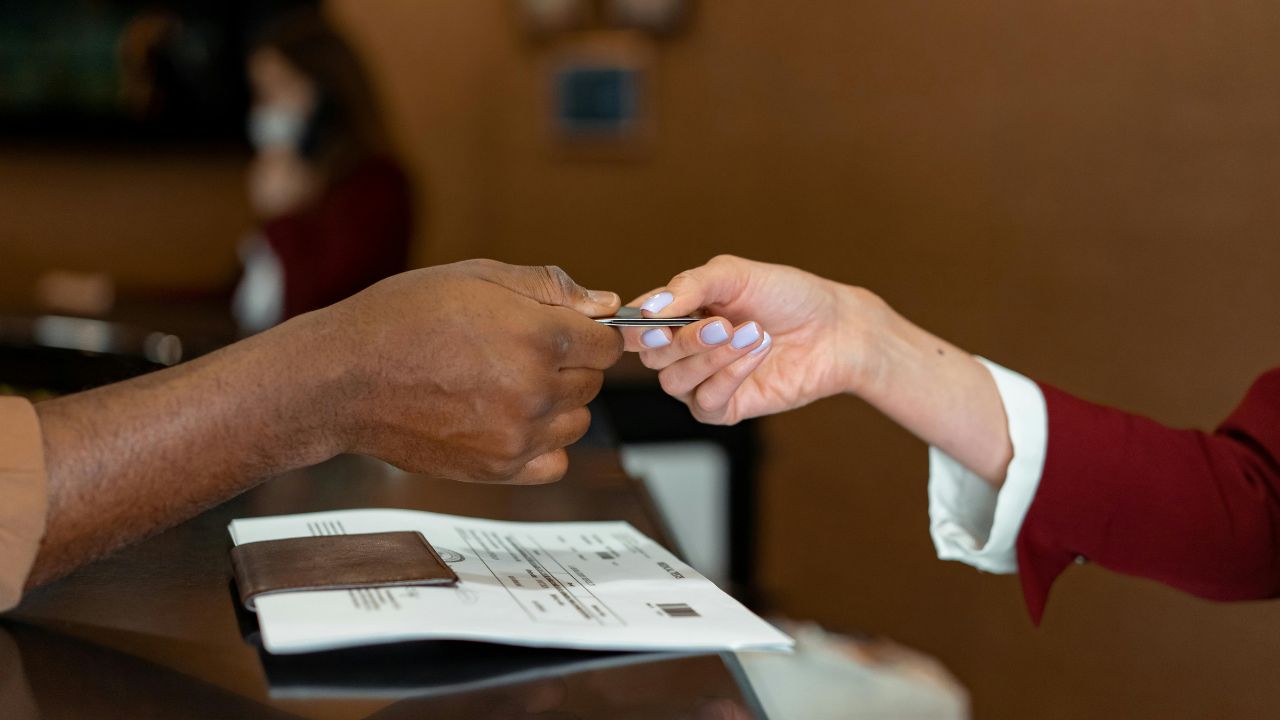
Skip the big booking engines and talk to the hotel itself. Third-party sites lock rates and drain off commissions, so the property has no room—financial or technical—to tinker with your reservation. A direct call or official website keeps every rupee in the hotel’s till and lets the agent add notes about anniversaries, late arrivals, or dream views. Because you’ve saved them money and given them freedom, staff can repay you the easy way: slide you into a larger, better room at no cost.
Join the Hotel’s Loyalty Program
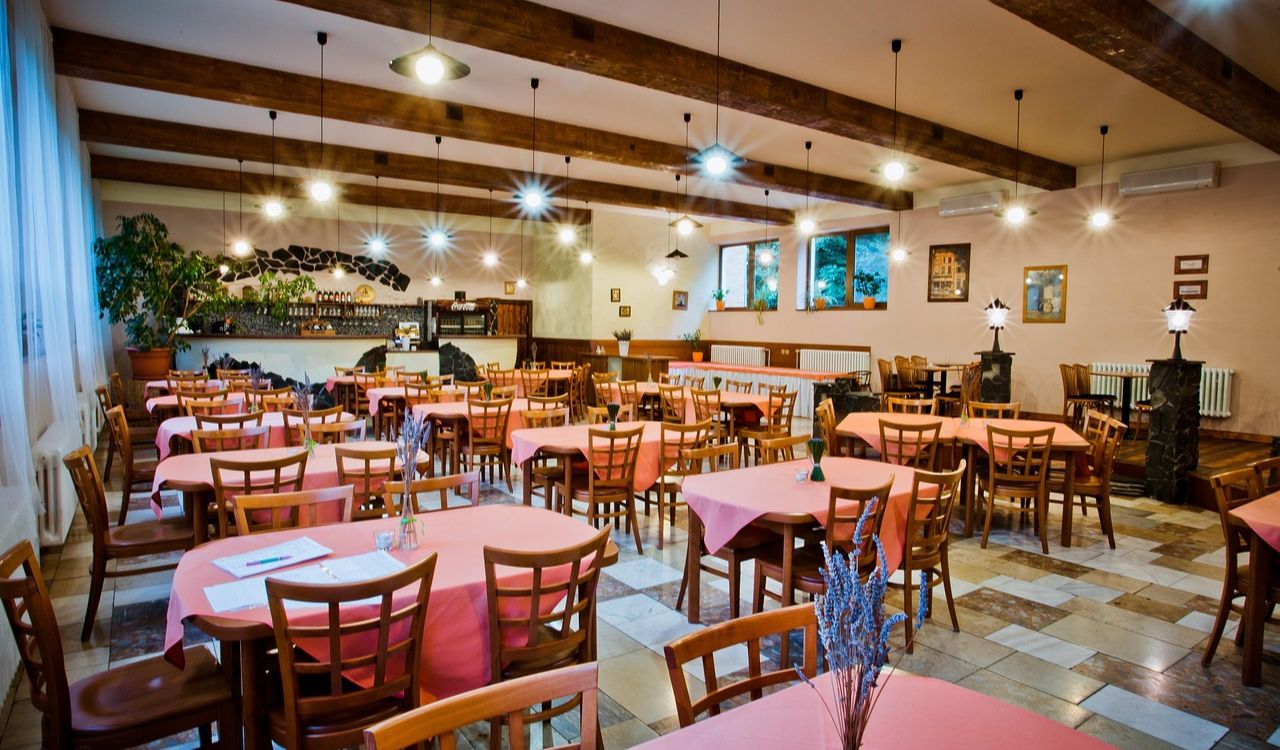
Joining a hotel’s loyalty club takes less time than brewing a coffee and never costs a penny, yet it flips a switch in the reservation system that says “valuable guest.” When upgrade reports print each afternoon, front-desk teams look for those member badges first. Even the base tier may bring free Wi-Fi or late checkout; climb to silver or gold and the brand’s rulebook often tells employees to fill empty deluxe rooms with status holders. In short: membership means momentum.
Leverage Elite-Status Perks
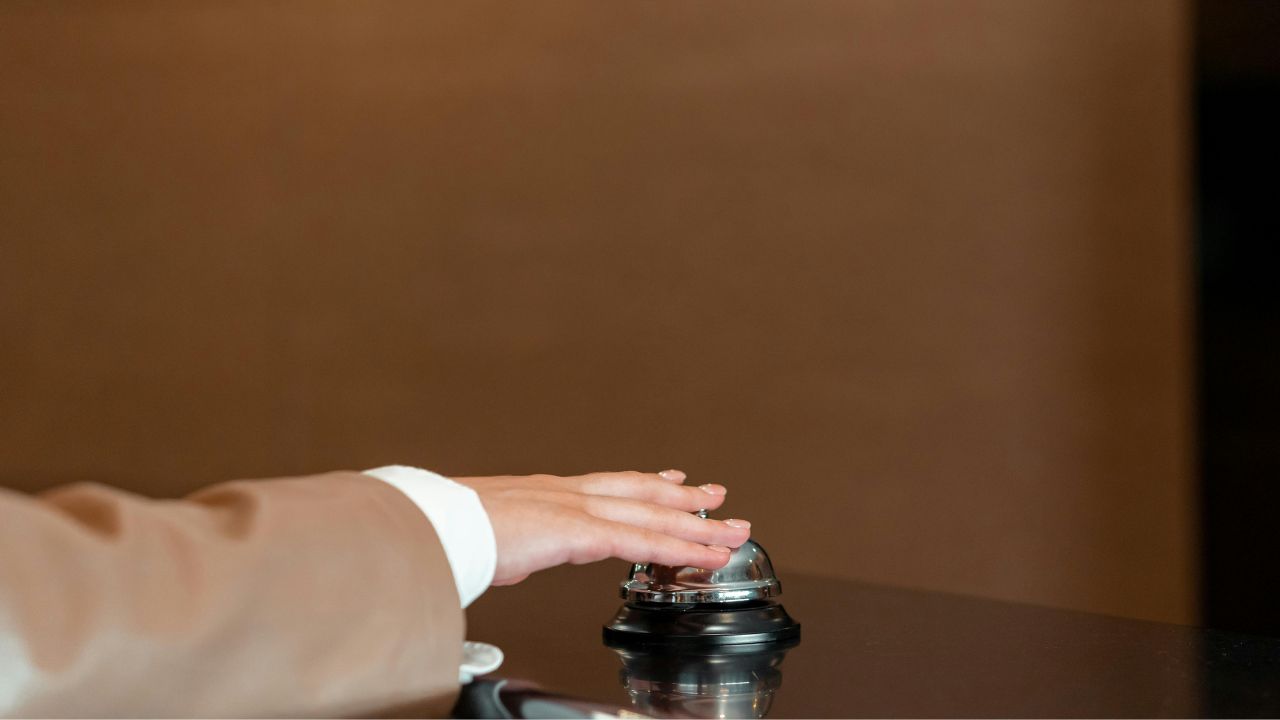
Elite status—earned through nights stayed or a co-branded credit card—turns an upgrade from a favor into an entitlement. Chains publish hard promises such as “gold members receive next-category rooms if available,” and staff software highlights your tier before you reach the desk. Mention it casually, smile, and watch the agent reshuffle inventory. Because the brand has already budgeted for perk delivery, granting you that suite is less a decision than following policy.
Become a Repeat Face
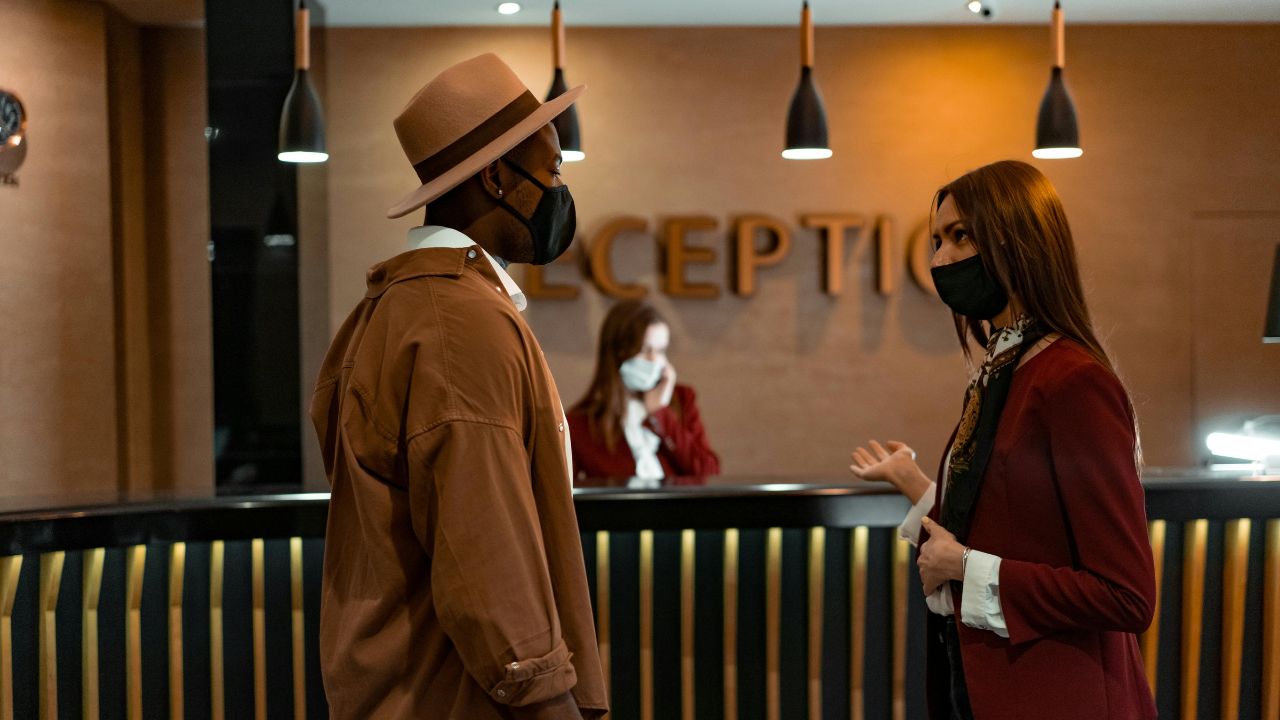
Familiarity breeds benefits. Pick one hotel whenever you visit a city, learn a few staff names, and leave positive feedback after each stay. The property logs every interaction, so a trail of “friendly, no issues” notes builds trust. When occupancy dips, managers would rather reward a known, easygoing guest than gamble on a stranger. Over time your profile migrates from standard queue to “VIP light,” and the vacant corner room with the skyline view becomes yours by default.
Celebrate Something (Honestly)
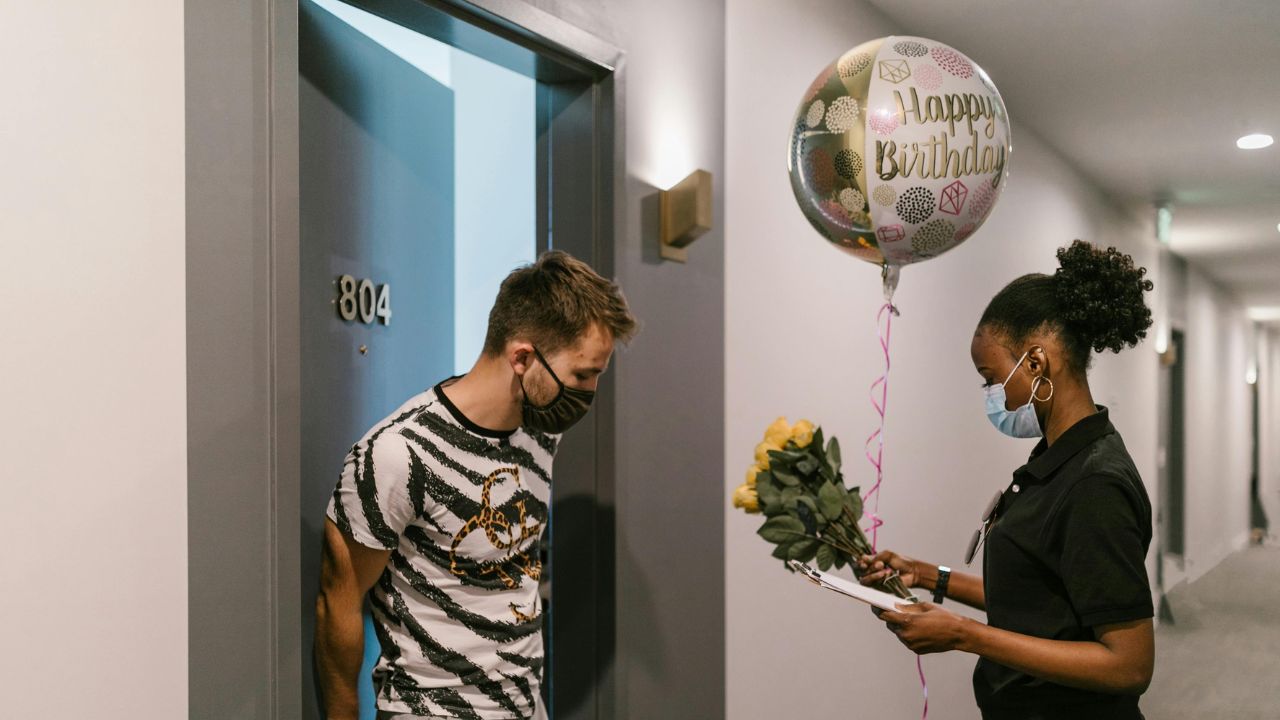
Hotels market themselves on memories, so give them a story worth supporting. If you’re marking an anniversary, birthday, honeymoon, babymoon, or even a first kid-free weekend, mention it when reserving and again at check-in. A suite upgrade costs the property nothing yet fuels word-of-mouth when you rave about their thoughtfulness online. Keep the claim genuine and the tone humble, and many teams will upgrade you simply because it feels good to make your day.
Time Your Arrival Strategically
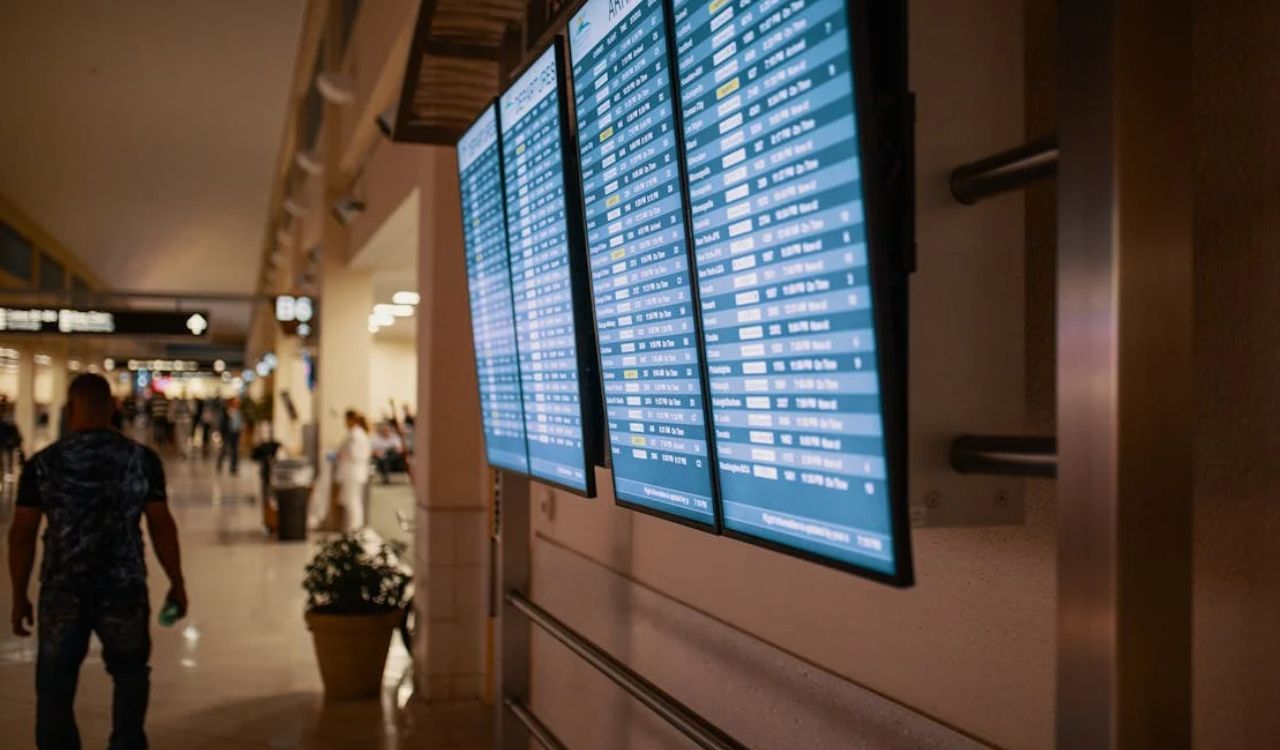
Timing can turn a basic booking into a jackpot. Arrive after 4 p.m. when managers know exactly which premium rooms remain unsold, or travel mid-week and off-season when occupancy slumps. Empty suites generate zero revenue, but upgrading a pleasant guest sparks online praise and potential loyalty. Even same-day reservations can work: you relieve the hotel’s fear of vacancy, and they reward you by swapping keys. In slow moments, a smile plus timing equals square footage.
Book a Mid-Tier Category
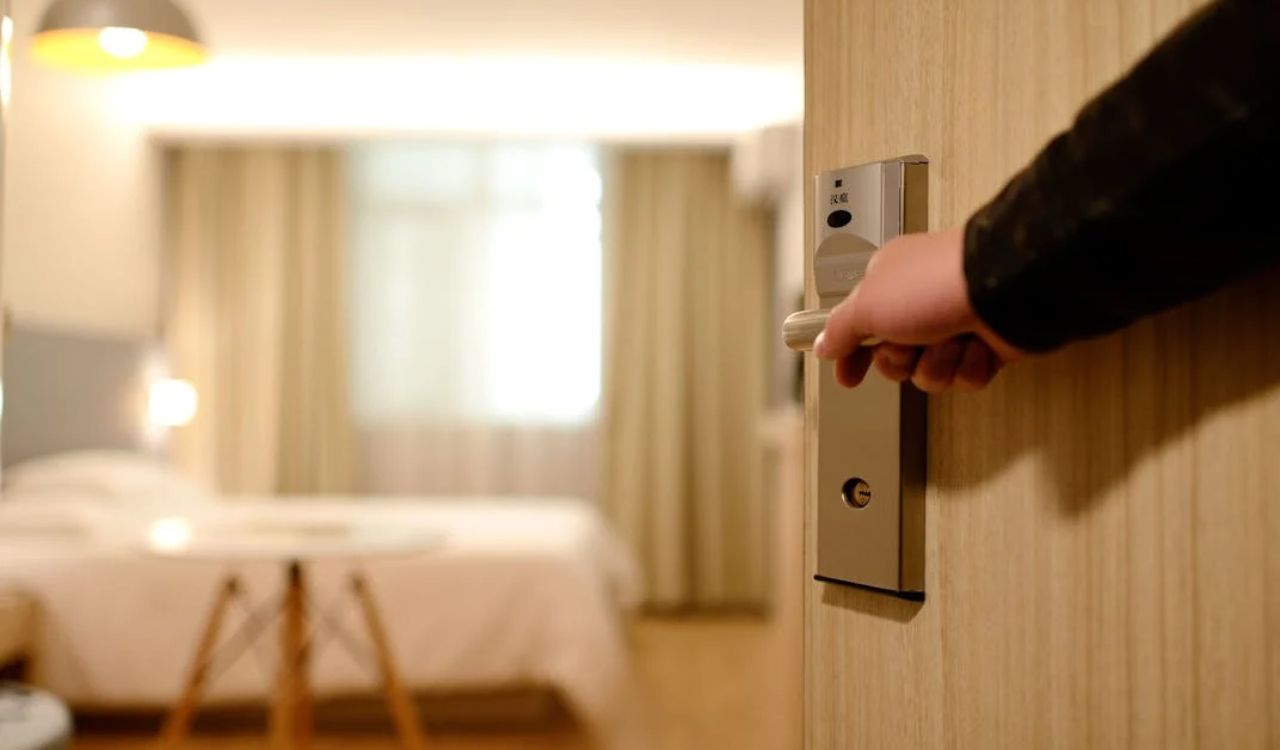
Bargain basement rooms anchor the price ladder, making it awkward for staff to jump you several rungs. Instead, pay a tad more for a mid-level option. Now the hike to a deluxe or junior suite is only one step, easy for revenue managers to justify and invisible on financial reports. You enjoy nicer basics either way, and the hotel preserves rate integrity. Think of it as buying the first slice of cake so they can gift you the bigger piece on top, effortlessly.
Ask Politely and Specifically

Never underestimate a courteous request. Greet the receptionist, use their name if visible, and say something like, “If you have any complimentary upgrades available, a high-floor room with a city view would be wonderful.” Specifics help staff match you to inventory; politeness makes them want to try. Demands trigger resistance, but kindness often triggers creativity. Even if nothing is free, they may knock money off a premium category simply because you asked nicely.
Show Genuine Appreciation
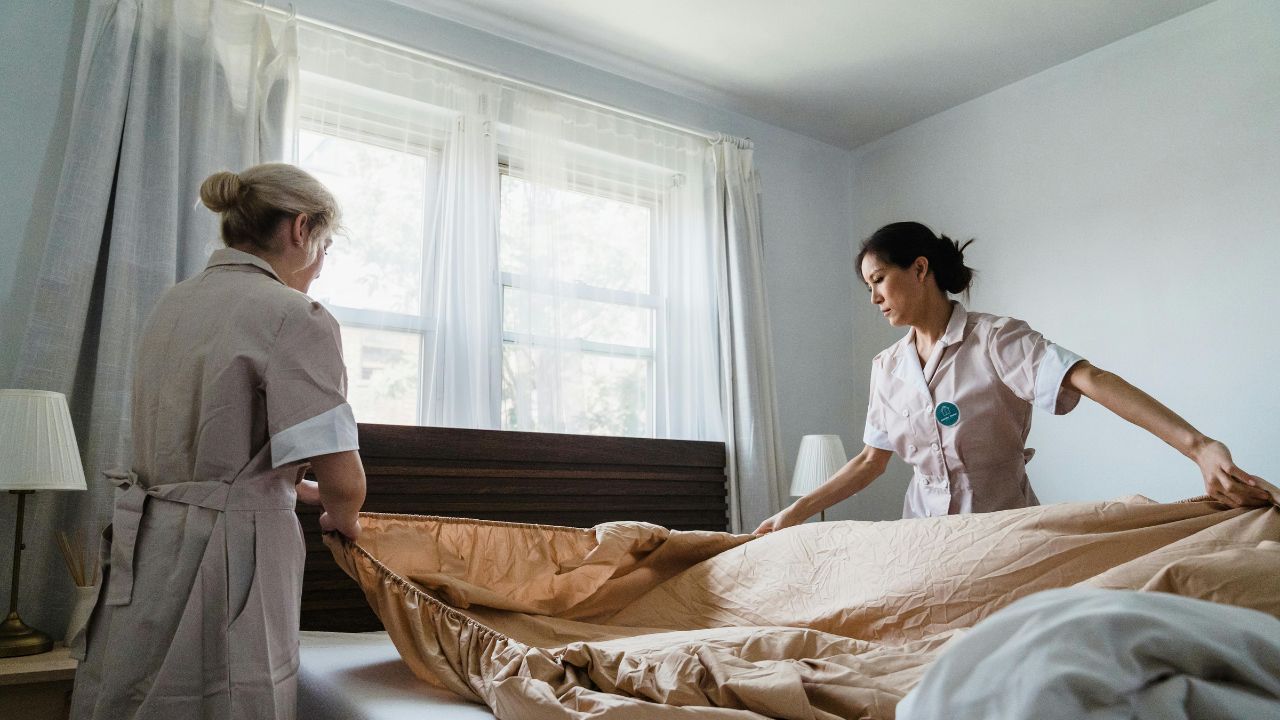
Hospitality work is demanding and often under-appreciated, so sincere gratitude stands out. A handwritten note, glowing online review, or small box of local sweets humanises you and brightens an employee’s shift. Because upgrades cost nothing when rooms sit empty, staff naturally repay the goodwill when they can. Think of appreciation as social capital: the more you invest without strings attached, the more likely you are to open a door that feels twice as large as expected.
Pack Small Goodies for the Desk
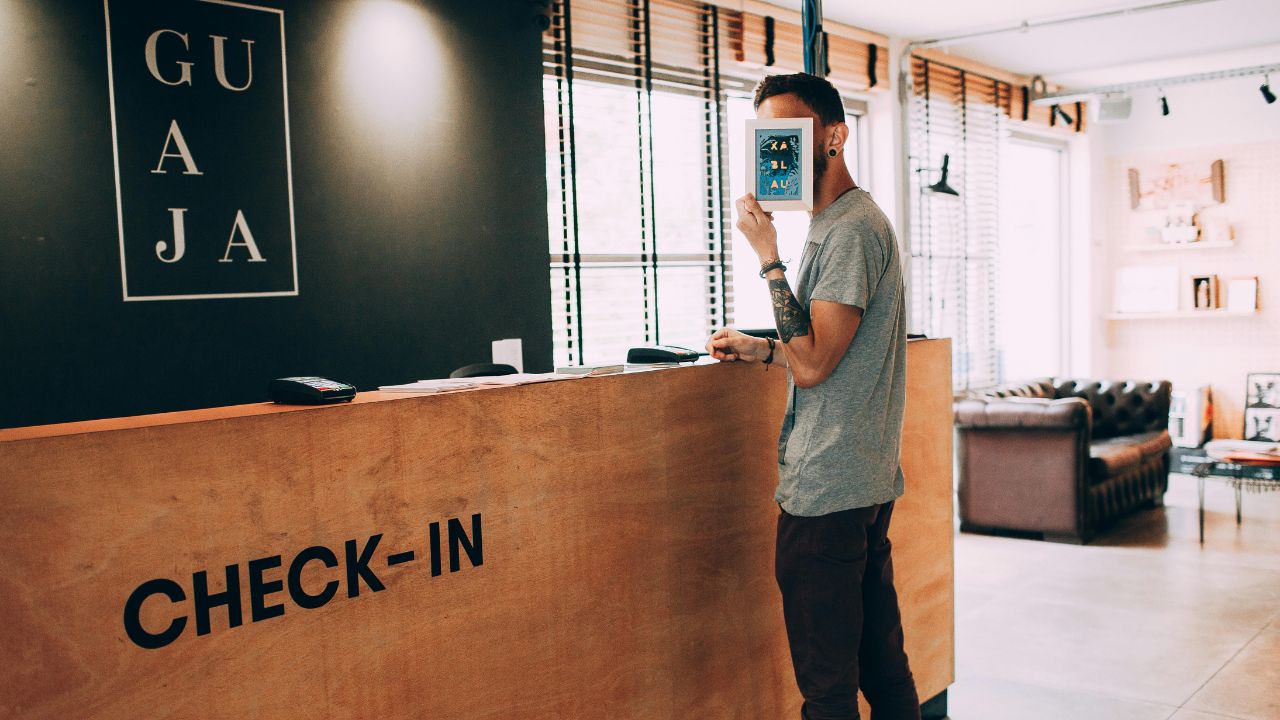
Tiny, thoughtful gifts travel better than bulky souvenirs and can spark instant camaraderie. Slip a pouch of regional chocolates, artisan tea, or a novelty keychain onto the counter with your ID. It’s not a bribe—it’s a friendly gesture most guests never make. The surprise lifts mood, and when mood lifts, staff look for ways to reciprocate. If an upgrade is discretionary, the guest who shared a treat often walks away with a room that tastes as sweet as the candy.